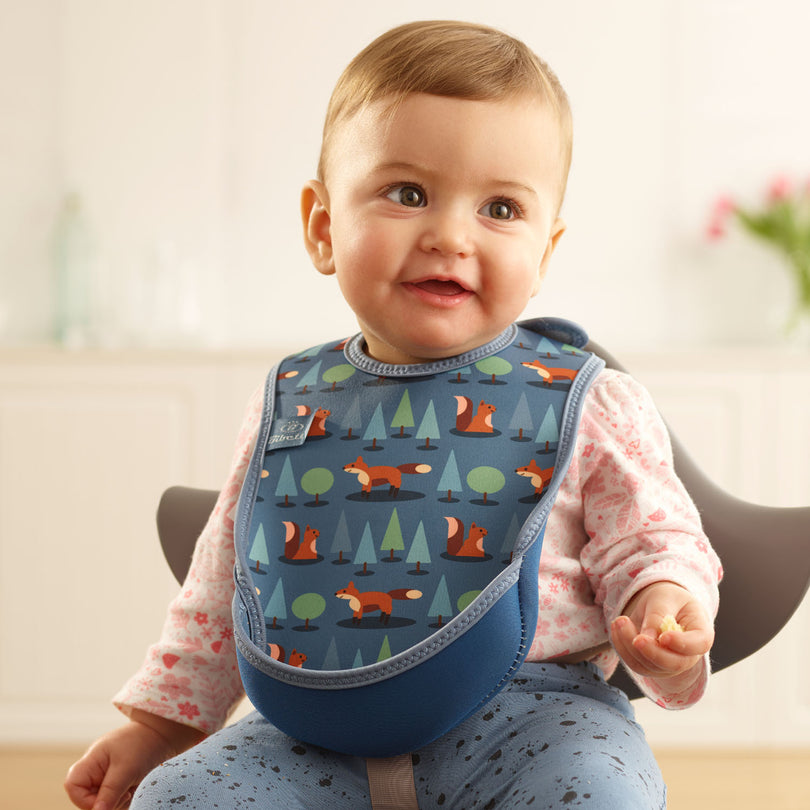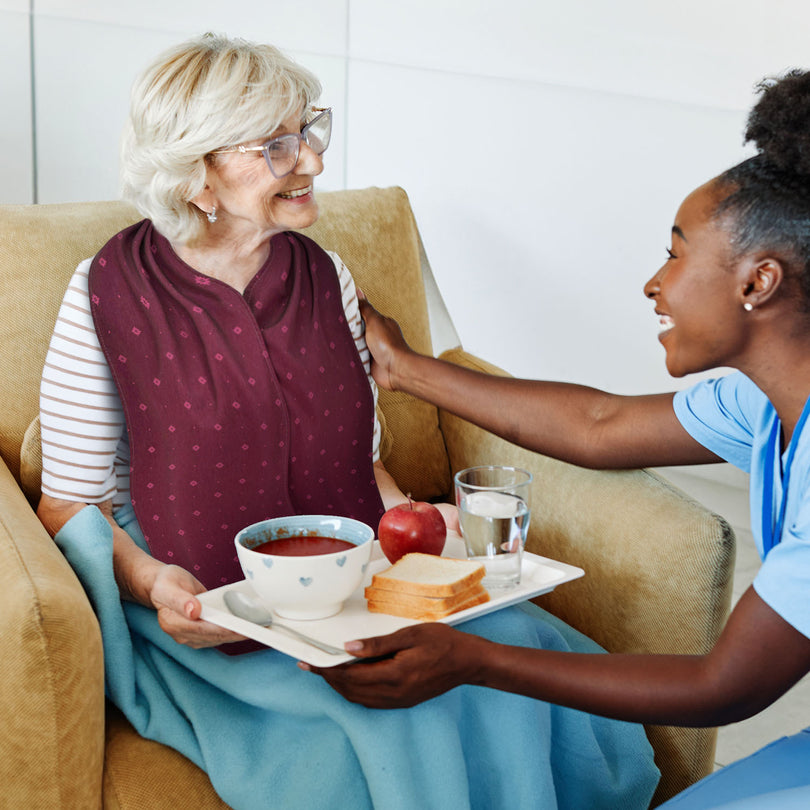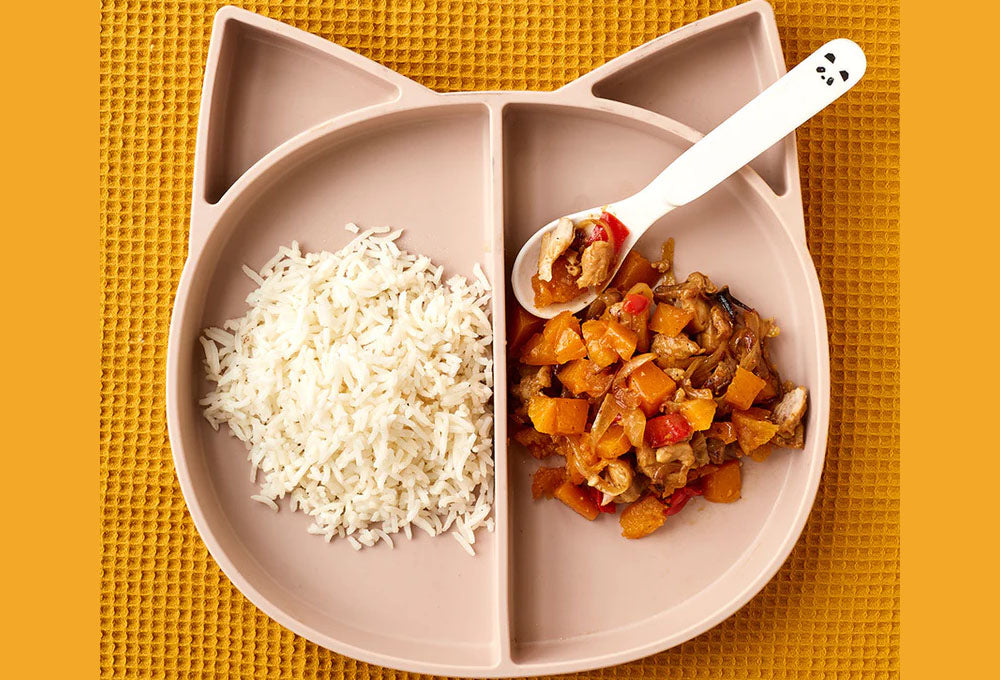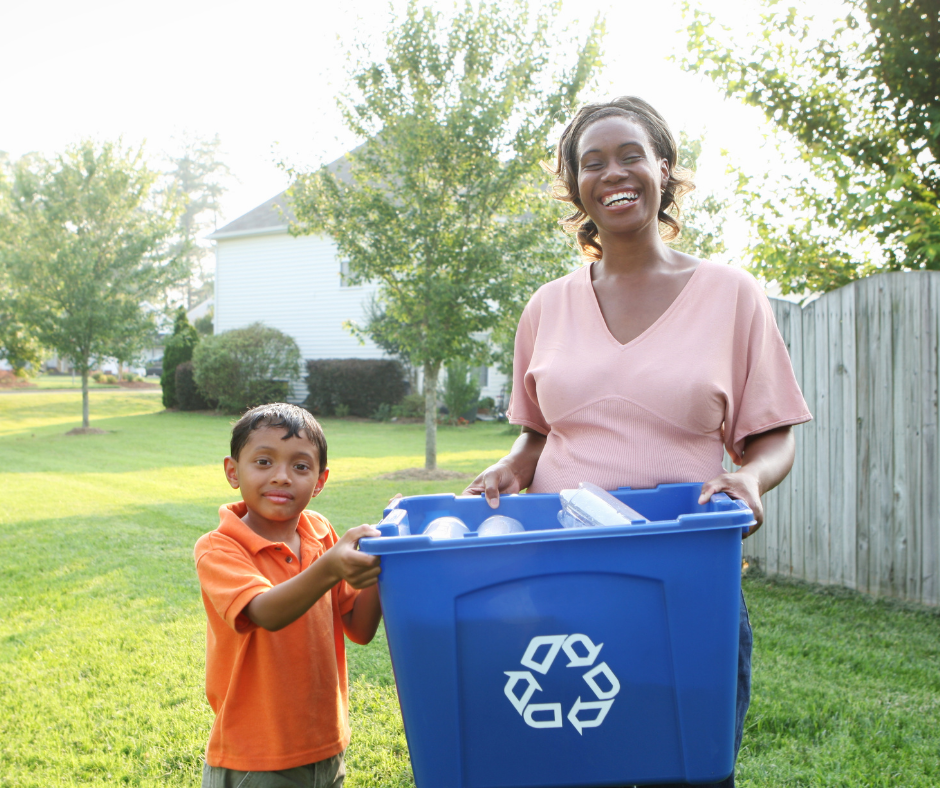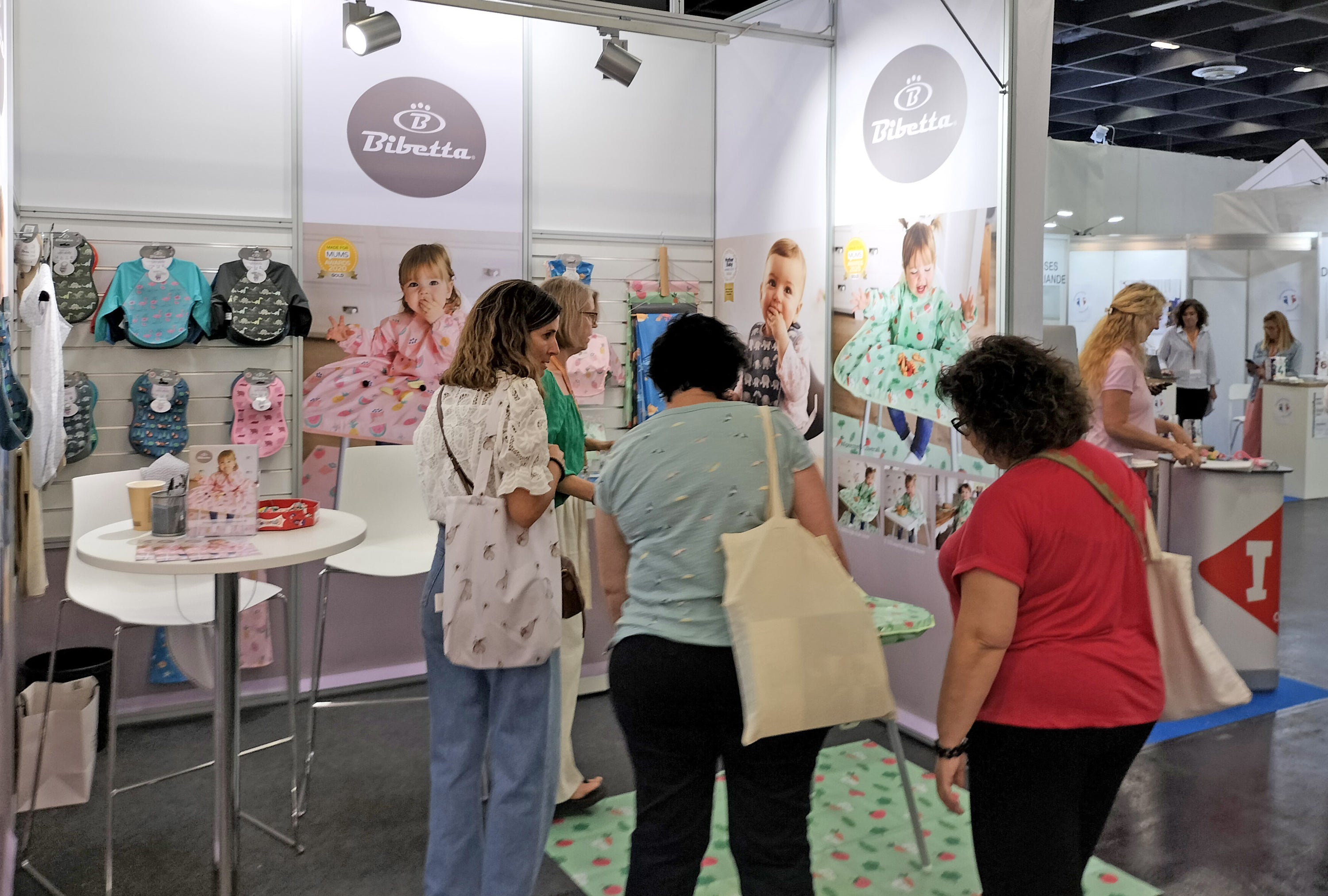If you think about it, pre-schoolers share just about everything with other kids – toys, books, chairs, pencils and, yes – germs. And no amount of worrying will help keep them any safer.
This is why it’s a good idea teach your pre-schooler everything they need to know about health, safety and hygiene.
Observing good personal hygiene will help them remain out of harm’s way, which in the current pandemic has become increasingly important, particularly as nurseries and schools have returned back after a while off.
Here are a few tips to help teach your pre-schooler good habits from the off.
Tip #1: Hand washing – wash your hands together
Aside from getting dirt in their hair and clothes, preschoolers are also really good at one other thing: copying their parents. Why not use this to your advantage to encourage good hygiene habits in them?
Take your little one daily through your hand-washing routine and show them why it’s important. First show them, then take a step back and let them try it. For instance:
- Turn the tap on for them, make sure the water is either cool or warm but never cold or hot
- Wet their little hands and then ask them to pump the soap dispenser just once
- Show them how rubbing their hands together can create a bit froth of bubbles.
- Sing a song – as many of us know from the government campaign this year, hand washing should be for 20 seconds. Sing Happy Birthday twice or a song your little one loves with them, and tell them to sing this every time they wash.
Tip #2: Tell them when to wash their hands
Apart from teaching your little one(s) how to properly wash their hands, also explain when the best times are to wash them. For example, before and after eating, as well as after they’re done with ‘potty’ – these are things toddlers and pre-schoolers can immediately relate to.
Other times that you should remind them to wash their hands after are:
- Coughing, sneezing or blowing their nose
- Getting in from nursery or pre-school
- Touching a pet
- Riding a bike, playing outside with sand and any outdoor activities
- After taking part in play with other children involving shared toys
After a while this will become second nature to them. Just be sure to reward, reward, reward each time they remember to wash without you having to ask!
Tip #3: Fun time at bath time
Taking a proper bath is an important personal hygiene habit for your little one to get into. Even though he/she will not be able to bath themself for a few years, it’s important that you teach them the basics.
So, make bath time fun and interesting. Play games and sing songs or nursery rhymes to help teach them how to wash. For example, using one of the classics, such as “Round and round the garden” with soap on your hands and rubbing them in a circular motion will teach them where and how to wash themselves.
Tip #4: Demonstrate good sneezing & coughing etiquette
Putting together a little demo or watching a You Tube video is probably the best way to teach your pre-schooler how to politely sneeze or cough. Explain how it’s important to use a tissue, or cover their mouth to prevent germs from spreading and help others stay well as well as themselves.
Tip #5: can you teach your toddler or pre-schooler to socially distance?
It’s hard to tell your pre-schooler that they can’t hold hands or hug their new friends at nursery or pre-school. We all know that little ones are least at risk of contracting corona-virus, but as they grow up in this new scary world, we want them to be able to protect themselves and their families, without breeding a generation of children who are scared to touch each other or have basic social interaction.
There is not right or wrong answer to this question. Every child is different and only you as a parent know how your little one is coping with the current situation and if they can understand a conversation about keeping a distance from their friends. Our only advice would be, whatever you do, don’t scare them. Show them that social distancing can still be fun. Practice taking a jump back from each other with them – who can do the biggest jump and say they can do this with their friends. Teach them that giving ‘virtual’ hugs can be fun and, most importantly, even if they don’t hug and hold hands their friends will still love them the same. Make sure they know it’s not forever and soon they will be able to cuddle their pals again. Reassurance is key.

